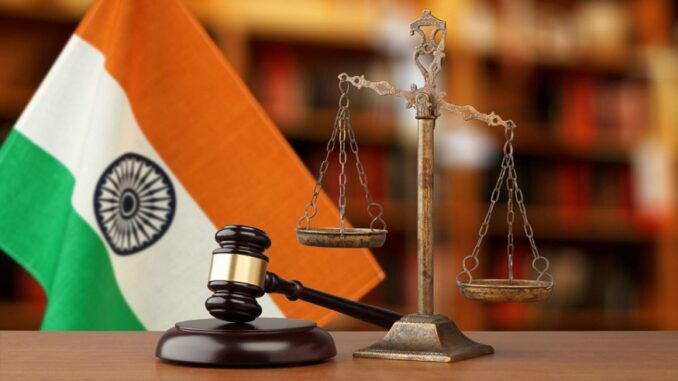
The role of a judge is of paramount importance in upholding justice and ensuring the fair and efficient functioning of the legal system. A typical working day for a judge is a carefully orchestrated balance between courtroom proceedings, case management, legal research, and administrative duties. In this article, we will provide insights into a judge’s typical working day, shedding light on the multifaceted responsibilities they undertake.
Preparing for Court:
A judge’s day often begins early in the morning, well before the courtroom sessions commence. They review case files, study legal briefs, and conduct thorough legal research to familiarize themselves with the facts, legal arguments, and precedents relevant to the cases scheduled for the day. This preparation allows judges to effectively manage proceedings, ask relevant questions, and make well-informed decisions during trials and hearings.
Conducting Courtroom Proceedings:
The heart of a judge’s daily routine revolves around presiding over courtroom proceedings. They hear cases, listen to arguments from attorneys, examine witnesses, and make decisions based on the law and evidence presented. Judges must ensure that proceedings are conducted fairly, respecting the principles of due process, and allowing all parties an opportunity to be heard. They maintain order in the courtroom, rule on objections, and ensure compliance with legal procedures.
Making Legal Decisions:
During courtroom proceedings, judges must make timely and well-considered legal decisions. They evaluate the credibility of witnesses, weigh the strength of legal arguments, and apply relevant laws and precedents to reach judgments or render verdicts. This decision-making process requires careful analysis, logical reasoning, and an understanding of the applicable legal principles. Judges must articulate their decisions clearly and concisely, explaining the rationale behind their judgments.
Case Management:
Beyond the courtroom, judges are responsible for managing their caseloads. They review pending cases, track deadlines, and prioritize hearings based on urgency and complexity. Case management involves scheduling hearings, resolving procedural matters, and ensuring that both the prosecution and defense have adequate time to present their cases. Judges may also hold pre-trial conferences to facilitate settlement discussions or explore options for alternative dispute resolution.
Legal Research and Continuous Learning:
Staying abreast of legal developments and expanding their legal knowledge is a constant pursuit for judges. They engage in ongoing legal research to stay informed about changes in legislation, new case law, and emerging legal trends. This commitment to continuous learning allows judges to maintain their expertise, make informed decisions, and contribute to the development of the law.
Administrative Duties:
In addition to their judicial responsibilities, judges often undertake administrative duties. They review and sign legal documents, such as search warrants and arrest warrants, ensuring compliance with legal requirements. Judges also allocate resources, manage budgets, and oversee the functioning of the court system within their jurisdiction. Administrative tasks vary depending on the judicial role and the size and complexity of the court they preside over.
Professional Development and Engagement:
To enhance their skills and contribute to the legal community, judges participate in professional development activities and engage in judicial organizations. They attend conferences, seminars, and workshops to stay updated on emerging legal issues and best practices in judicial administration. Active involvement in professional associations allows judges to share knowledge, exchange ideas, and foster collegial relationships with fellow judges and legal professionals.
Conclusion:
A typical working day for a judge is a demanding and multifaceted blend of courtroom proceedings, case management, legal research, and administrative responsibilities. Judges meticulously prepare for hearings, conduct proceedings with fairness and impartiality, and make well-reasoned decisions based on the law and evidence presented.
If you liked this content, you may also be interested in this article about Judge Jinder Singh Boora

Leave a Reply
You must be logged in to post a comment.